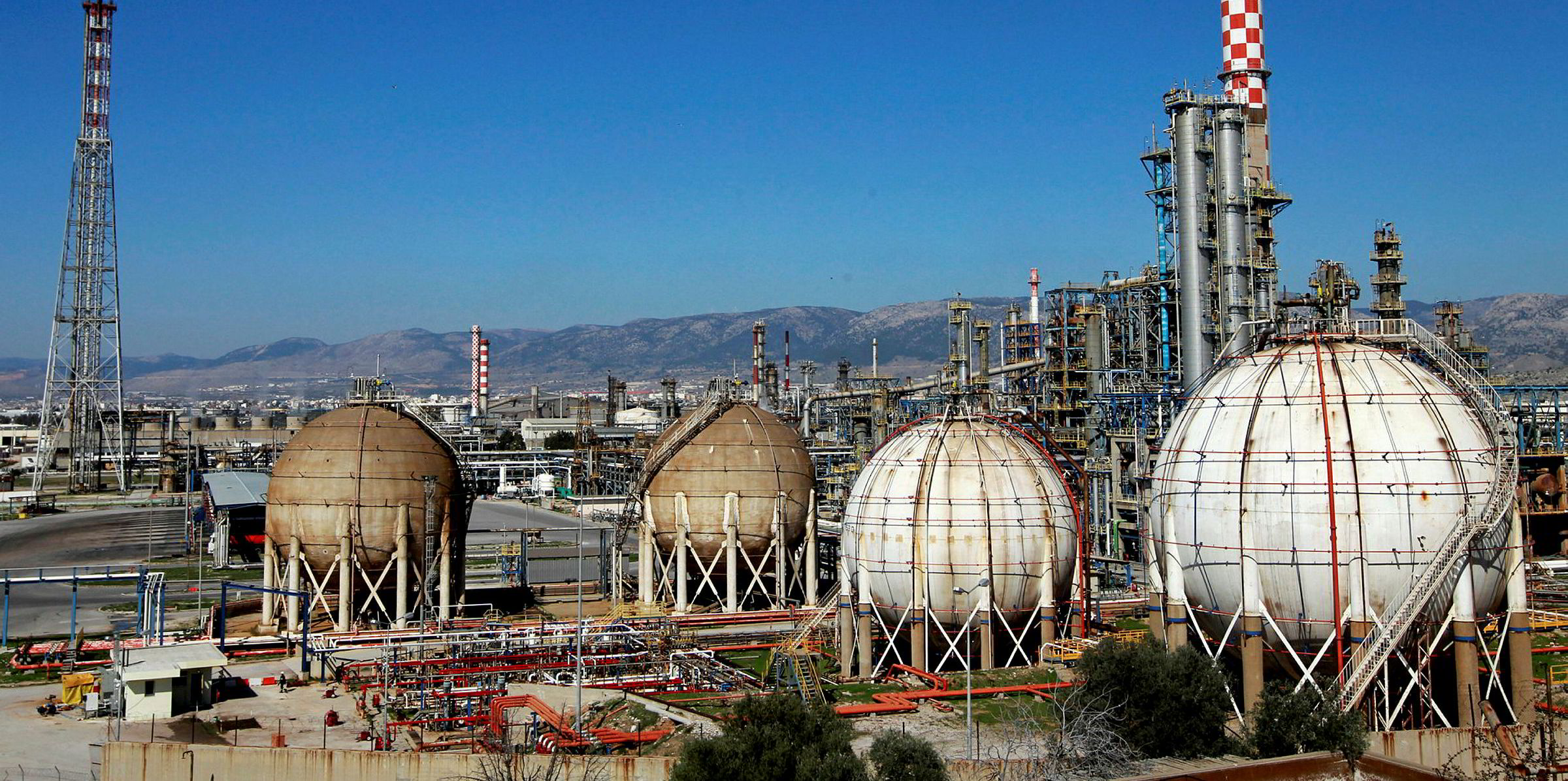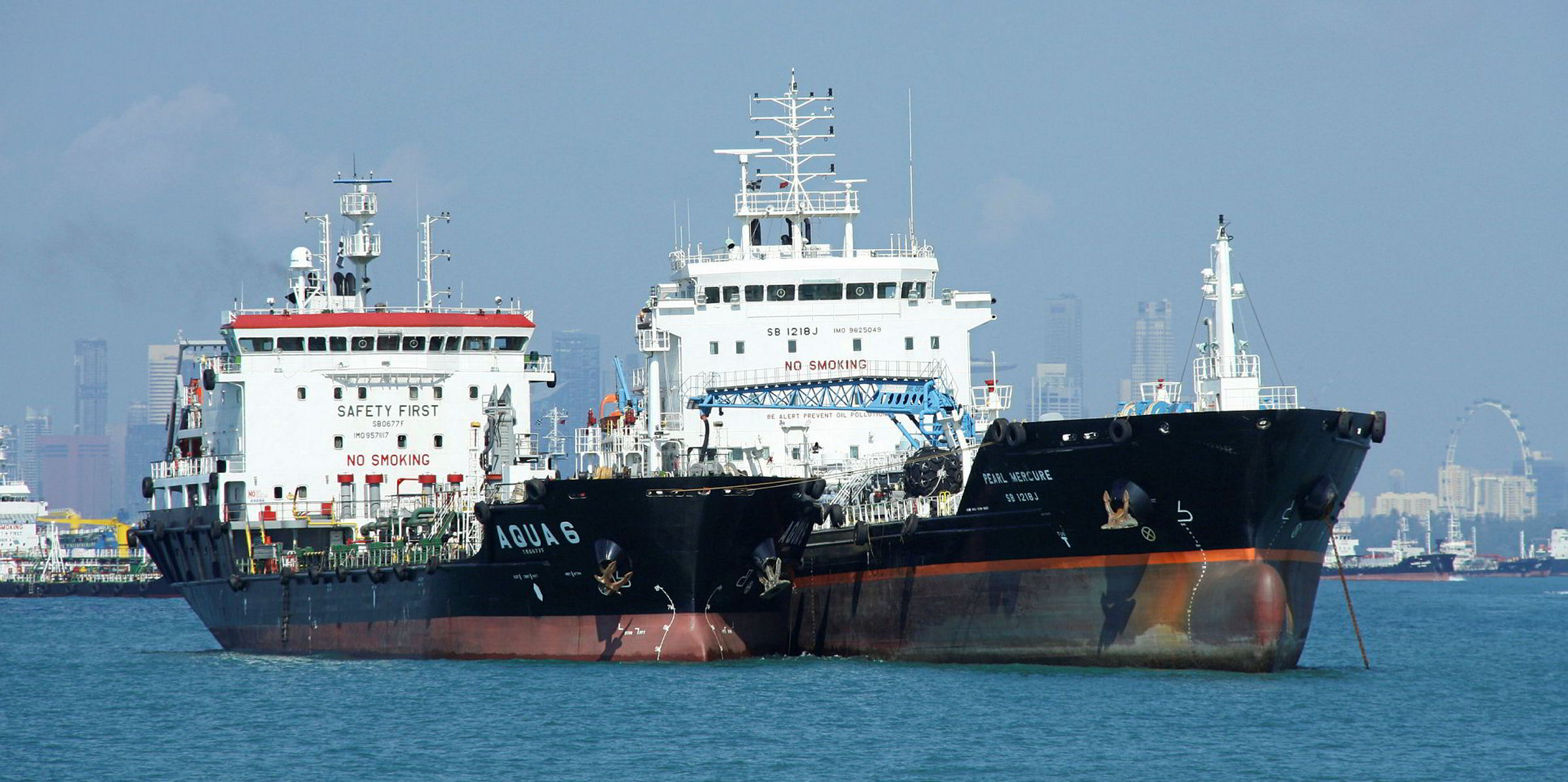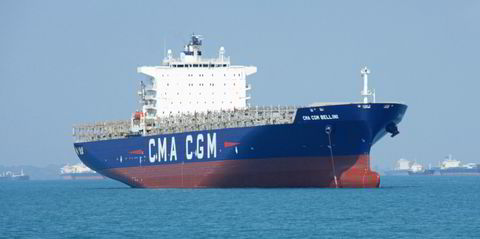Hellenic Petroleum, one of the leading energy groups in south-east Europe, will be ready to deliver IMO-compliant fuels to the Greek shipping market come January, easing concerns about eventual shortages.
The state-led company successfully ran its main Aspropyrgos refinery in IMO test-mode last month to produce 0.48%-sulphur content fuel oil, managers told analysts during a conference call.
We are now ready to start the production of the new grade and we plan to start doing so during the fourth quarter, most probably in November
Konstantinos Panas
“We are now ready to start the production of the new grade and we plan to start doing so during the fourth quarter, most probably in November,” Konstantinos Panas, Hellenic's general manager for supply and trading, said.
Mandatory quotas
Many shipowners have been critical of the IMO’s decision to make cleaner fuels mandatory from next year, citing the risk of bunker shortages. They are urging governments to impose mandatory production quotas on refiners.
However, free markets seem to be doing the trick instead — at least for Hellenic, in which the Latsis Group has a considerable interest.
Refiners have a vested interest in producing IMO-compliant fuels. They are expected to widen profits, as marginson high-sulphur fuel oil — which still accounts for the bulk of the bunkers they produce — are usually thin and have narrowed further ahead of the IMO deadline, Hellenic's management noted during the call.
IMO [2020] came like manna from heaven for them
Pantelakis Securities analyst George Grigoriou
“IMO [2020] came like manna from heaven for them,” George Grigoriou, an analyst covering energy stocks at Pantelakis Securities in Athens, told TradeWinds.
Demand driven
Hellenic has not disclosed the quantities of IMO-compliant fuel it plans to produce, as this will ultimately depend on demand. Last year, it made 1.8m tonnes of marine fuel mainly with a high sulphur content, which it will continue to supply to clients that have fitted scrubbers to their vessels.
Traders speculate Hellenic's low-sulphur marine fuel production could reach 1m tonnes per year.
The company has begun adjusting the mix of crude it buys to help boost IMO-compliant production. “We have contracted some volumes of light crude and we will continue to do so — volumes like Azeri, Saharan blend, Algerian crude and some American crude,” Panas said.
Everything depended on Hellenic Petroleum. It now looks like they will be able to deliver
Bunker trader
Greek waters are a major Eastern Mediterranean hub for passengerships, cruise vessels and containerships operating around the port of Piraeus, which lies just to the east of Aspropyrgos.
Bunker traders servicing those clients were relieved to hear Hellenic's announcements. They are relying on the company to be the main supplier of 0.5% sulphur-content bunkers in the region. Some had made contingency plans to import IMO-compliant fuel from abroad in case the company fell short. Those plans are now expected to be scaled back.
“Everything depended on Hellenic Petroleum. It now looks like they will be able to deliver,” one bunker trader told TradeWinds.





